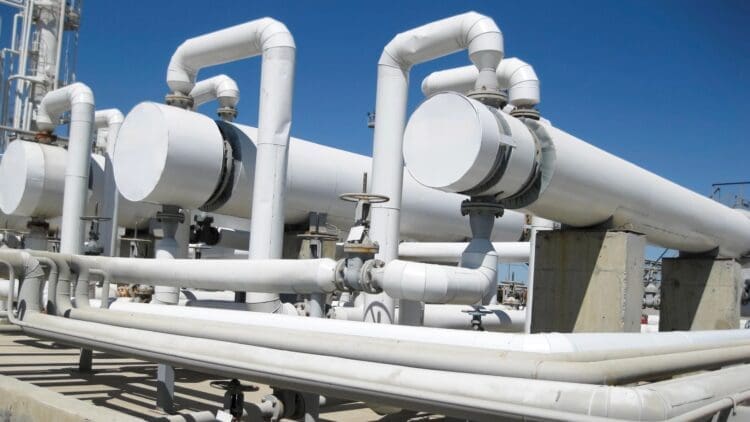The cooperative nature of the global energy sector has become evident in recent years. In that spirit, JOGMEC, or the Japan Organization for Metals and Energy Security, has renewed its oil and gas training partnership with the African nation of Mozambique. The gas and oil sector has not completely disappeared from the international energy sector, as many nations like Mozambique still heavily rely on the conventional gas and coal sector to provide not just energy, but crucial employment for their citizens.
The leaders of the Mozambican energy sector and the Japanese representatives came together recently in a star-studded event
As the world enters a future where the traditional oil and gas sectors will see decreasing production numbers as the renewable energy sector gains momentum, there are some nations in the world that cling to the conventional gas sector like a toddler holding on to their mom in a store.
Many underdeveloped and war-torn nations in Africa have not had the opportunity to integrate the renewable energy sector; instead, they rely on the good old reliable oil and gas to provide energy for domestic use and exports.
In August, representatives from the Mozambican energy sector, along with the JOGMEC representatives, participated in the Commemorative Ceremony for Signed Cooperation Documents at TICAD9. The event saw relevant stakeholders in attendance, including:
- Prime Minister ISHIBA Shigeru of Japan
- H.E. President Lourenço of the Republic of Angola
- H.E. Willian Samoei Ruto, President of the Republic of Kenya
- H.E. John Dramani Mahama, President of the Republic of Ghana
- H.E. Mr. Robert Beugré MAMBE, Prime Minister of the Republic of Côte d’Ivoire
- Mr. TACHIBANA Keiichiro, Deputy Chief Cabinet Secretary of Japan
- Mr. KOGA Yuichiro, State Minister of Economy, Trade and Industry of Japan
- Mr. FUJII Hisayuki, State Minister for Foreign Affairs of Japan
JOGMEC supports the Mozambique LNG Project through extensive training programs
To support Mozambique’s gas sector, JOGMEC has conducted extensive training and capacity-building programs. Since the program began in 2012, 164 Mozambicans have joined LNG courses for both technical and non-technical experts held in Japan. It would be worth mentioning that Nazário Joel Julião de Jesus Bangalane, President of INP, was a participant in the program in 2017.
“JOGMEC remains committed to contributing to human resource development for the growth of Mozambique’s oil and gas industry and to strengthening its close relationship with the Republic of Mozambique.” – JOGMEC website statement
Mozambique has invited Russian energy companies to operate in the country
At a recent event with Russian Foreign Minister Sergei Lavrov, Mozambican government officials publicly invited Russian energy companies to come to the East African nation as the energy market opens up.
Many African nations have invested substantial amounts of money into the upstream oil and gas sector. Mozambique is fostering international cooperation, despite political differences.
“We want to further diversify this sector further, and we have asked Minister Lavrov to support major Russian oil and gas companies entering the Mozambican market so that we can have more diversification. Italian and American companies discovered gas in Mozambique. But now we have other partners as well, for example, France’s Total and ExxonMobil from the U.S., and companies associated with South Korea are also working here.” – Mozambican Minister of Foreign Affairs and Cooperation Maria Manuela dos Santos Lucas
The upstream oil and gas sector is holding on for dear life across the world
As some regions of the world turn to the renewable energy sector, like France, which has over 60% of its energy coming from the renewable energy sector, other nations are spending record amounts of money on the upstream oil and gas sector. By extending the training program in Mozambique, JOGMEC has committed to extending the lifespan of the gas sector in the region. As the world transitions to the renewable energy sector, nations like Mozambique will continue to rely on the conventional gas sector for the foreseeable future.





